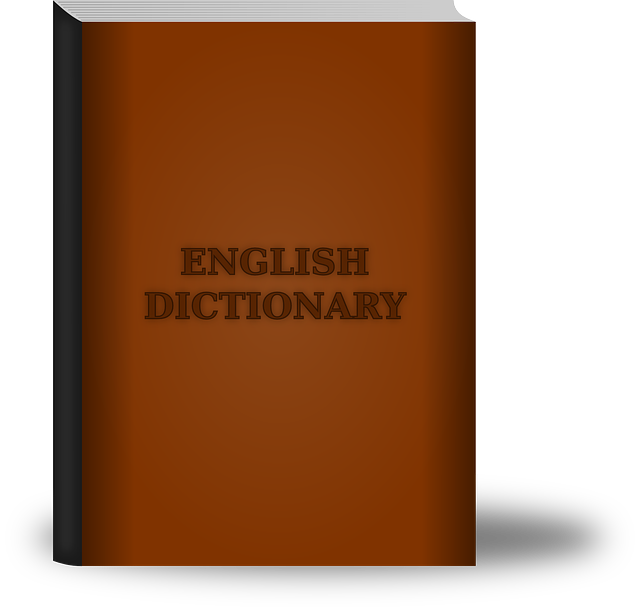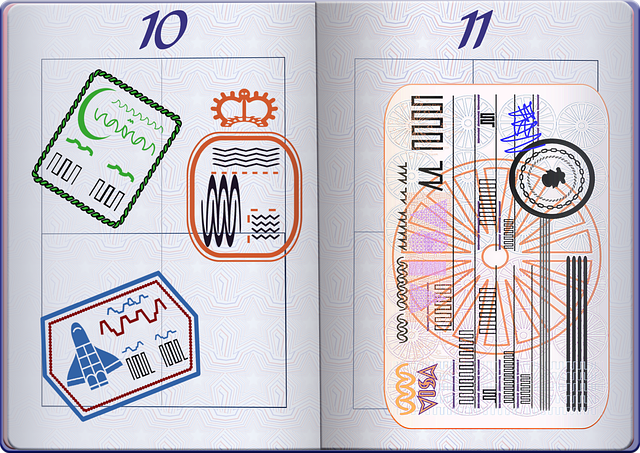Can You Settle in the UK with Global Talent Visa? (2 of 2)
This article is the continuation of THIS ARTICLE.
The Eligibility Requirements
The Eligibility Requirements are relatively simple and straight forward ones.
The English Language Requirement

You can meet this requirement by either:
- having a speaking and listening qualification in English at B1 level or above of the Common European Framework of Reference for Languages (CEFR)
- having a degree that was taught or researched in English
- being a national of a majority English-speaking country
The good news is if you have successfully made your Indefinite Leave to Remain application based on your B1 level qualification – you can meet the English language requirement for naturalisation without needing to pass it again.
Your B1 exam will need to be the Home Office recognised English test qualification from an approved test centre. I’ve provided you with the link in the links section so that you can check which centres are on THIS LIST.
The Life in the UK Test Requirement for the Global Talent Settlement Route
Irrespective of your nationality and education, you’ll still need to pass the life in the UK test.
To do this, first of all, you’ll need to buy the official handbook for ‘the Life in the UK Test.’
Secondly, you’ll need to practice.
And finally, you’ll need to book online and take the test. There are over 30 centres in the UK, and it costs £50 to take the test.
You Can You Settle in the UK with Global Talent Visa if You Meet the Continuous Residence Requirement
To meet this requirement, you’ll need to spend a continuous period lawfully in the UK, counted backwards from whichever of the following dates is most beneficial to you.
It can either be:
(i) the date of application for Indefinite Leave to Remain
(ii) the date of the decision
(iii) any date up to 28 days after the date of application
The length of your continuous period will depend on the category of your Global Talent visa.
If your endorsement was in the Exceptional Talent category, then the continued and lawful period, as I said before, will be only three years. It will be five years for the Exceptional Promise category.
The Absences from the UK Requirement

You have to be very careful with your absences from the UK. Exceeding the permitted number of absences may result in the refusal of your Indefinite Leave to Remain application.
You cannot be outside the UK for more than 180 days in any consecutive 12 months.
It is crucial to note here that absences which count towards the 180-day limit include any of the following:
(i) the time between your grant of entry clearance and entering the UK
(ii) trips taken for personal, family or social reasons,
(iii) business trips, including temporary employment transfers to another country, training and conferences
(iv) absences during annual leave from employment in the UK
(v) absences where you had a valid visa when they left the UK and then you submitted a successful application for entry clearance before your previous visa expired.
Exceptions to the Absences from the UK Requirement
The decision-maker may exceptionally allow absences which exceed the 180- day limit if you provide a document to confirm that your absences from the UK were due to some compelling, compassionate circumstances, such as:
- life-threatening illness of you or your close family member
- natural disaster;
- when you were absent from the UK to assist with a national or international humanitarian or environmental crisis overseas. By the way, this will not break the continuous period, regardless of the length of the absence.
Periods without Valid Visa

Generally, any period without a valid visa will break the continuous period.
However, there may be a situation where the continuous period will be ‘paused’, but not broken.
It may happen, if any of the following scenarios apply:
(i) You did not have a valid visa, but then you made a successful leave to remain application, and paragraph 39E applies. Paragraph 39E is the rule, which allows disregarding overstaying (staying without a visa) for up to 14 days. For paragraph 39E to apply, you’ll need to provide a strong document to confirm that ‘there was a good reason beyond your control’ (or the control of your representative) for not submitting your visa application on time.
(ii) You left the UK when they had a valid visa. You applied from another one outside the UK before your old visa expired. And your new visa application was subsequently granted.
(iii). You left the UK with a valid visa. You applied for another visa outside the UK within 14 days of your old visa expiring, and there was a good reason why the application could not be made before the previous visa expired. The reason must have been beyond your (or representative’s). You’ll need to explain this when applying for Indefinite Leave to Remain.
(iv). You left the UK with a valid visa. You applied for a new visa. However, it was refused. Then you made a further successful application within 14 days of that refusal.
If any of the above case-scenarios apply to you, you can combine ‘the before’ and ‘after’ periods. However, the gap itself will not count towards the continuous period.
You Can You Settle in the UK with Global Talent Visa if ‘You have Earned Money in the UK’

You need to provide documents to show you have earned money in the UK linked to your expert field, during your most recent grant of Global Talent visa. However, there is no minimum level of earnings needed to meet this requirement.
The Documents
What documents will the Home Office accept? The Immigration Rules do not specify which documents you should provide. The Home Office gives some examples of the type of information that they may accept. However, the list is not exhaustive and may include:
If you are an employee, you can provide:
- Payslips showing your employer’s name
- A letter from your employer confirming your earnings
- Your bank or building society statements clearly showing the payments made to you from your employer or a limited company of which you are a director
- A document produced by HM Revenue & Customs (HMRC) that shows details of declarable taxable income on which tax has been paid or will be paid in a tax year (for example, a tax refund letter or tax demand)
- A document produced by an employer as an official return to HMRC, showing details of earnings on which tax has been paid in a tax year (for example, a P60)
- an official return to HMRC, showing details of earnings on which tax has been paid or will be paid in a tax year. The document must have been approved, registered, or stamped by HMRC
- Dividend vouchers showing the amount of money paid by the company to you.
If you worked in a self-employed capacity, you could provide:
- A letter from a fully qualified chartered accountant or certified accountant who is a member of a registered body in the UK, confirming the amount you have earned. If your earnings are a share of the net profit of the company, the letter should also explain this.
- Company or business financial accounts which meet statutory requirements and clearly show the net profit made.
Where your evidence of earnings does not clearly show they were for work in the field for which you were endorsed, example evidence you can provide includes:
- A contract of service or hosting agreement between you and a UK employer/institution which indicates your field of work;
- A letter from your UK employer/institution confirming that you have earned money in your field.
